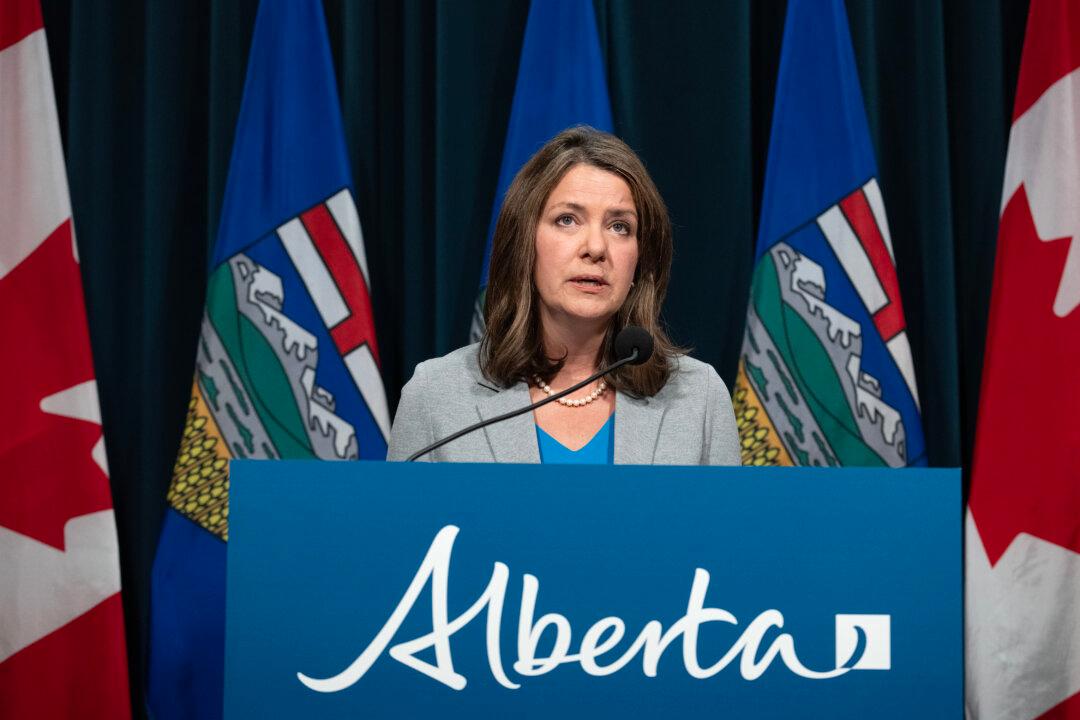Alberta is asking the federal government to provide more allocations for its provincial nominee program, mostly so the province can bring in more Ukrainian refugees.
And at the same time, Alberta Premier Danielle Smith accused the federal government of interfering with the province’s ability to have some control over immigration.





